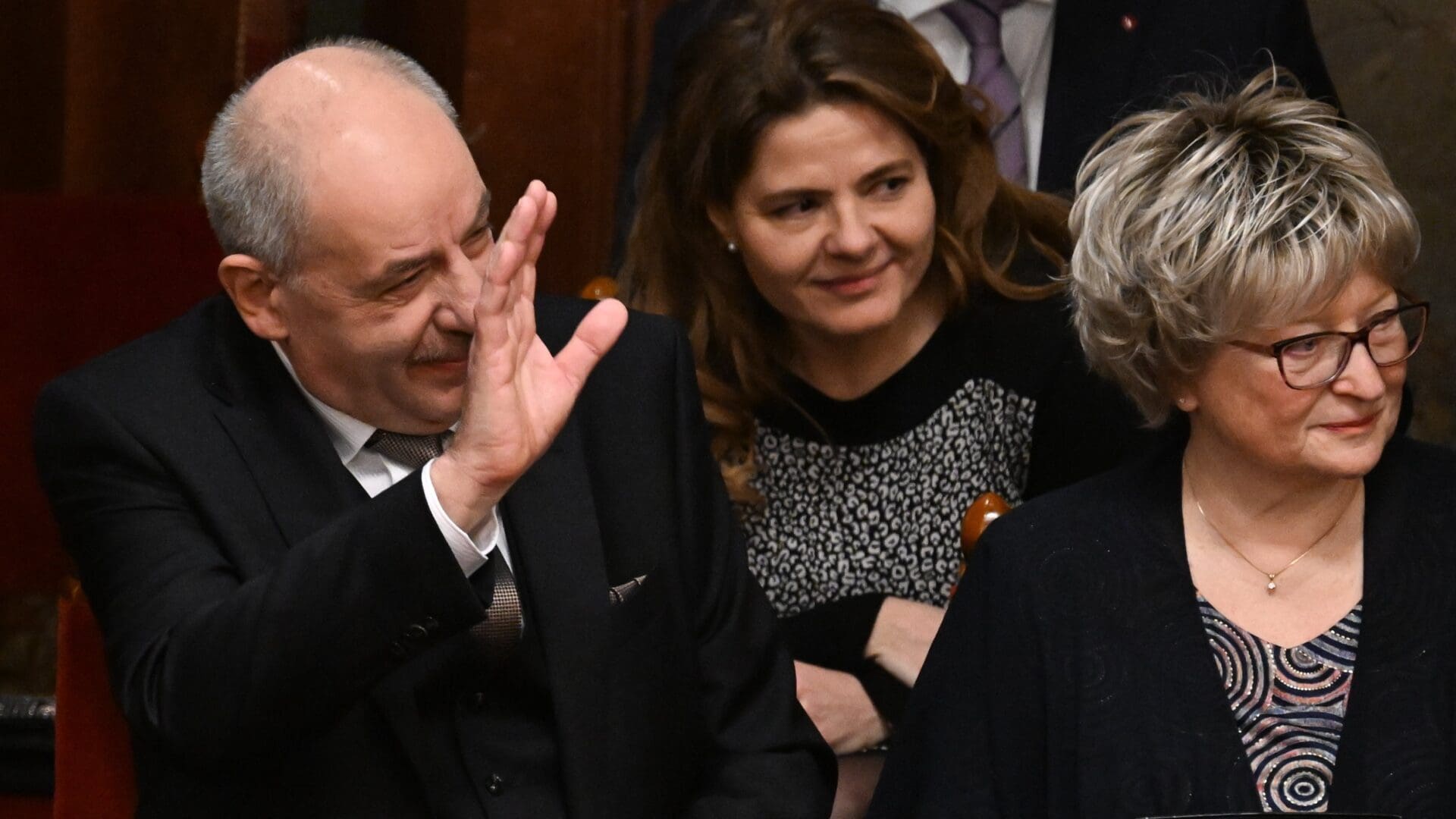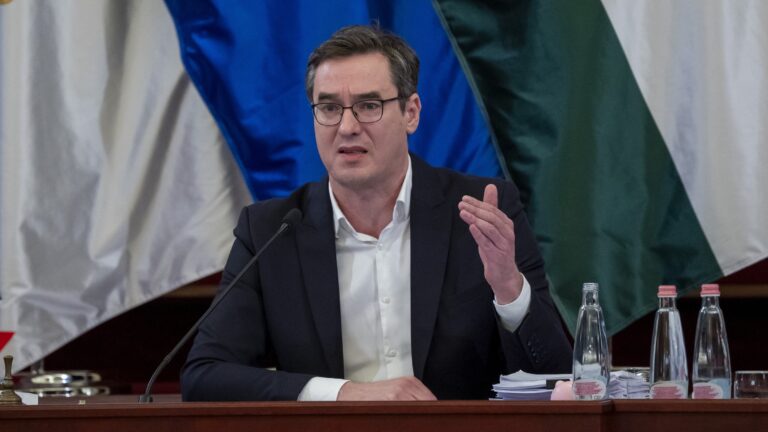On Monday, 26 February, the Hungarian National Assembly elected Tamás Sulyok as the new President of Hungary, with 134 votes in favour and five against. In a secret ballot, 146 MPs cast their votes—out of a total of 198—, of which 139 were deemed valid. Notably, some opposition parties, including the Democratic Coalition (DK), the Hungarian Socialist Party (MSZP), Momentum, Párbeszéd, and Jobbik, abstained from participating in the vote. Sulyok will formally assume the position on 5 March.
President Katalin Novák resigned on 10 February after a clemency decision rendered her incapable of fulfilling her primary duty—maintaining the unity of the nation. The former president pardoned the deputy director of the Bicske children’s home, who had aided in covering up the director’s paedophilic crimes. Novák’s resignation was followed by that of former Justice Minister Judit Varga, who countersigned the presidential pardon. Today, parliament also accepted the resignation of Katalin Novák by a vote count of 196.
Tamás Sulyok was elected as a member of the Constitutional Court by parliament on 27 September 2014 and was subsequently elected President of the Constitutional Court on 22 November 2016, as proposed by House Speaker László Kövér.
The governing parties have nominated László Trócsányi, president of the Hungarian Lawyers’ Association, to fill the vacant seat.
Before the vote, Prime Minister Viktor Orbán addressed the National Assembly, stating:
‘Hungary is a strong and stable country. A change of president must be managed in such a way that there is no temporary disruption in the life of the country. We can achieve this by electing the new President of the Republic immediately...Tamás Sulyok is a man of vast experience, respectable knowledge, and undisputed authority.
Hungary needs such a president now.’
As reported by Hungarian Conservative, the nomination of Tamás Sulyok was announced during an off-site meeting of the Fidesz-KDNP parliamentary group on 22 February. Additionally, Fidesz faction leader Máté Kocsis mentioned at the time that penalties for paedophilic offenses would be further tightened. It is proposed that offenses committed against individuals under 18 should never become statute-barred, that there should be no possibility of release before completing the sentence, and that the Constitution will explicitly exclude the possibility of pardons. Additionally, it is proposed that perpetrators of such crimes should never again be eligible to obtain a certificate of good conduct.
In his speech today, Viktor Orbán reiterated that there is no mercy for perpetrators of paedophile crimes. ‘The crimes committed in the Bicske children’s home raise serious concerns. I have ordered an investigation, which applies to the heads of all child protection institutions. We are screening all of them,’ emphasized the head of government. He stressed that crimes against children evoke strong emotions and that authorities are rightly expected to conduct the most thorough investigations.
Related articles:







